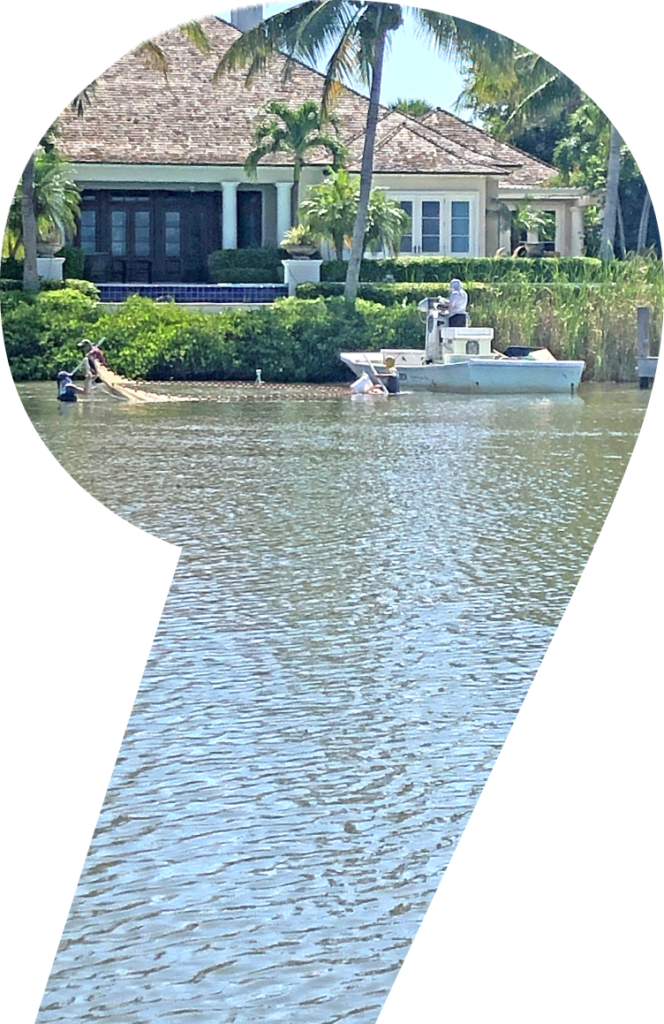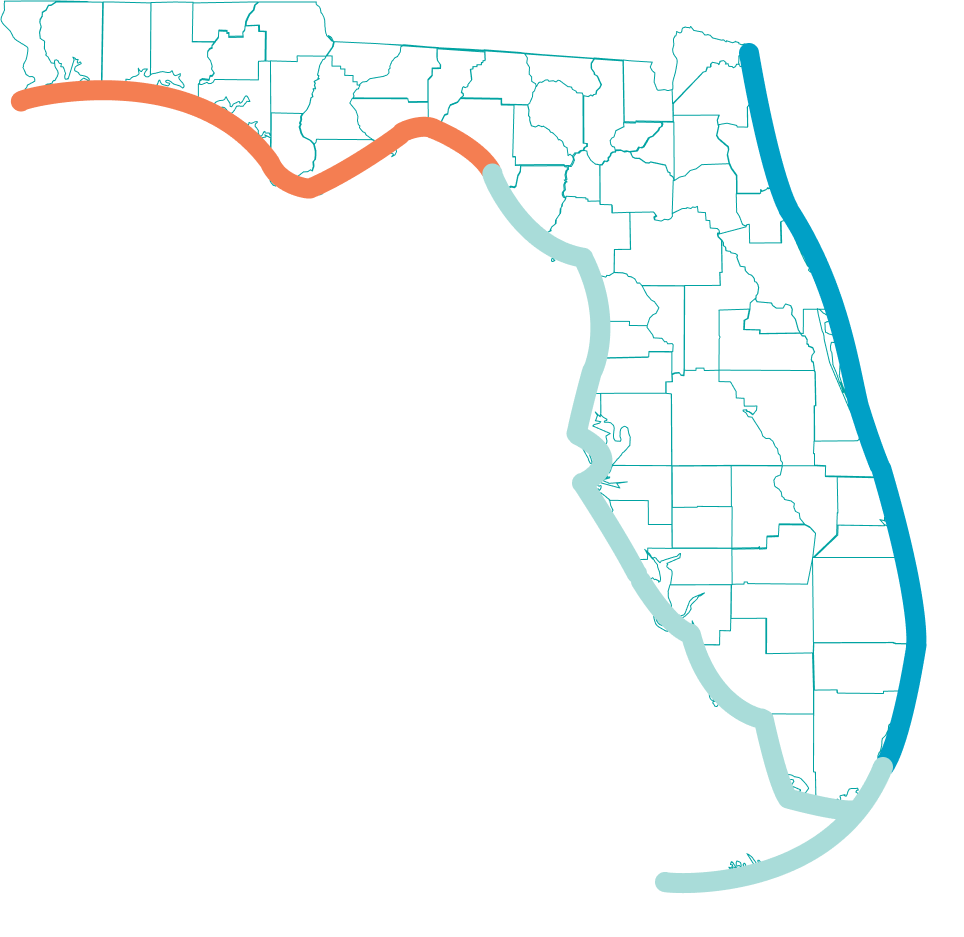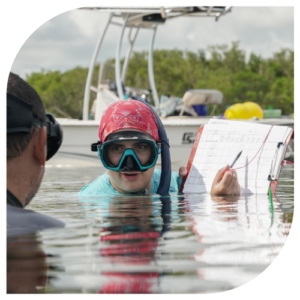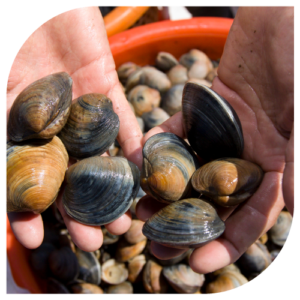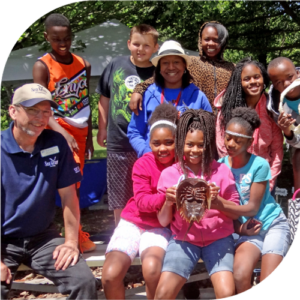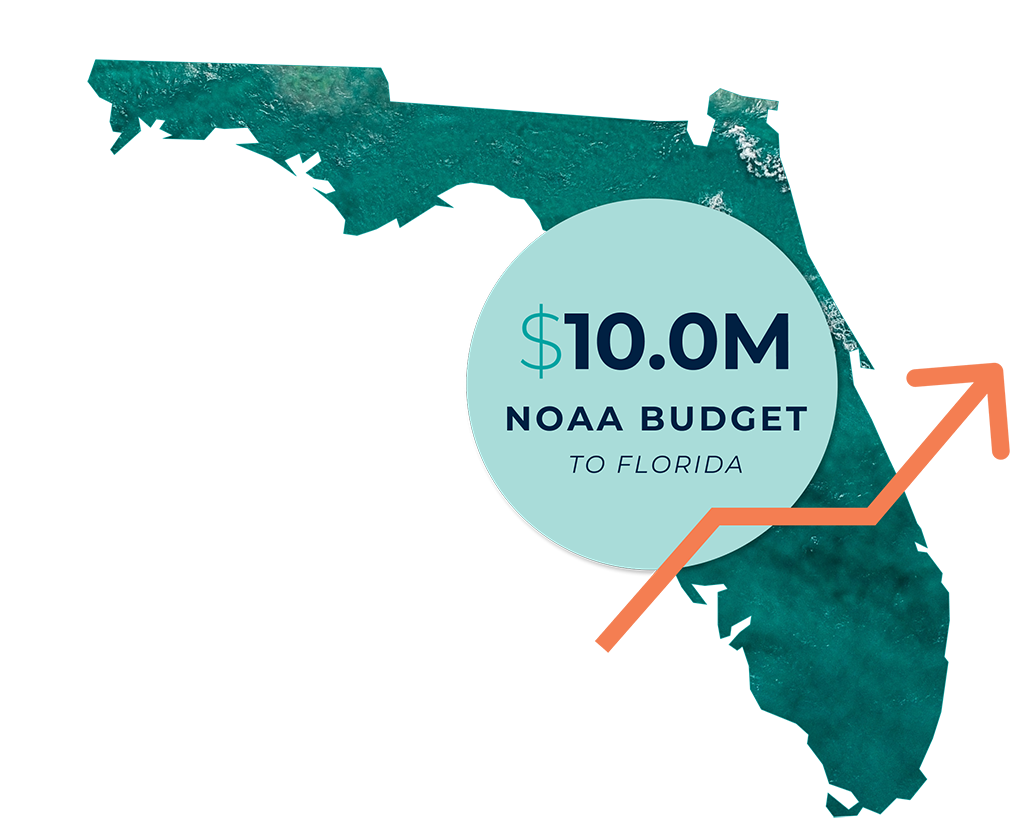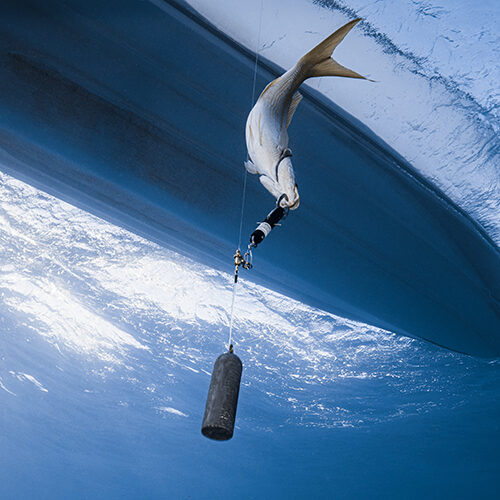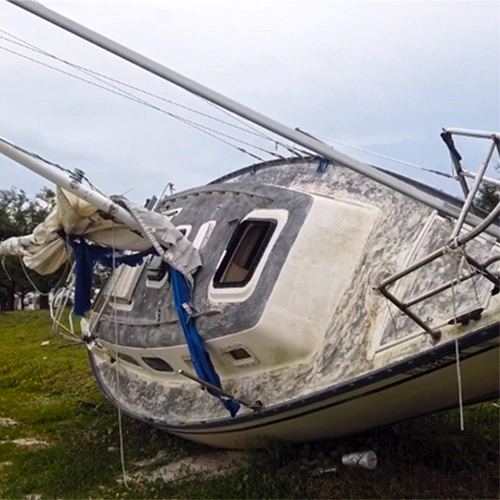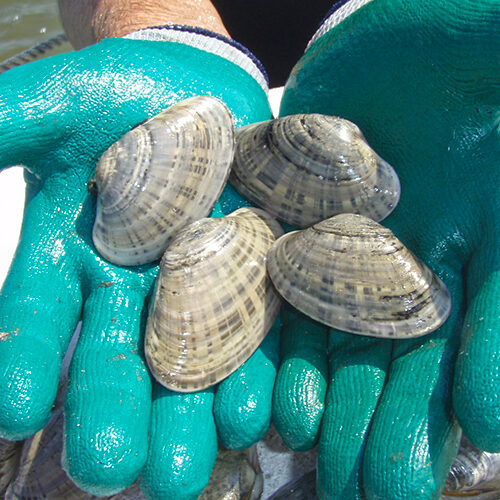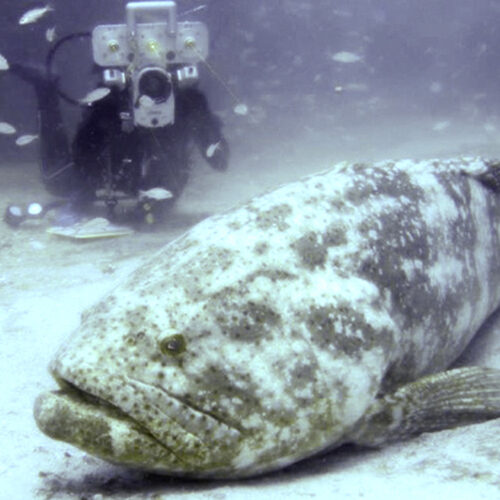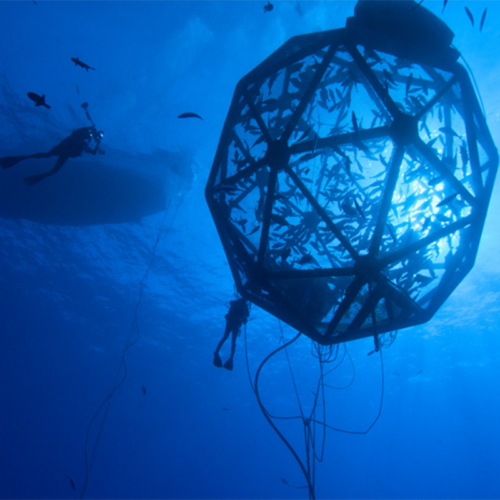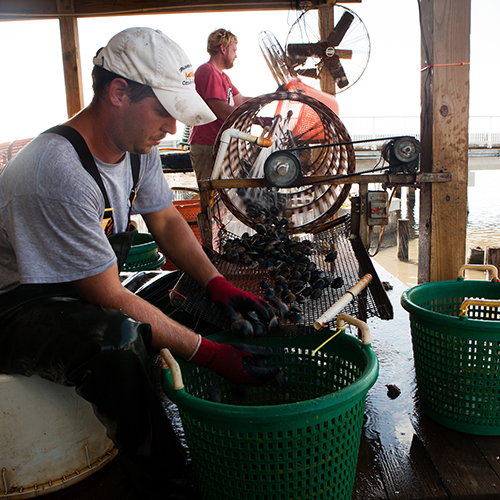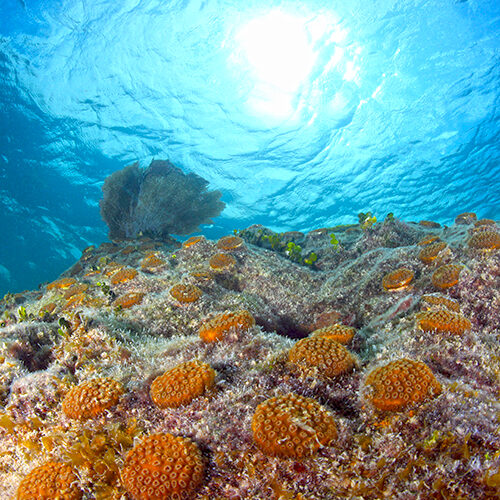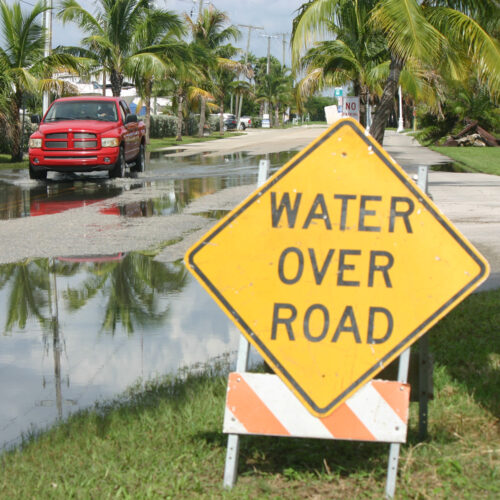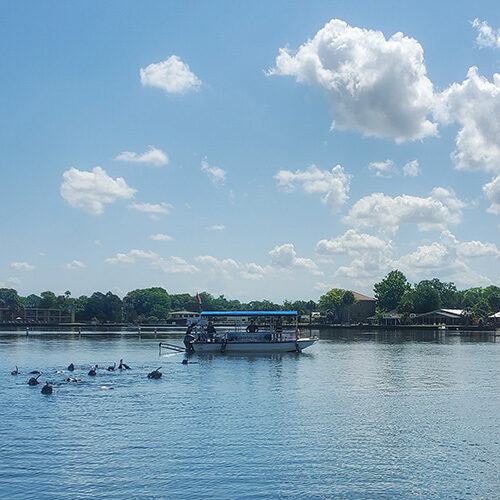
Resilient Communities and Economies
Florida Sea Grant’s legal program clarified ownership of bay water to enable planning and cleanup
Florida Sea Grant’s legal program responded to Crystal River’s request in helping balance the user group competition for maritime space in Kings Bay, a spring-fed watershed that serves as a refuge for hundreds of manatees. Florida Sea Grant’s legal program worked with the city in 2018 to research and identify a framework to manage ecotourism vendors, and resolve ownership of submerged land near Kings Bay. The program’s research helped the city adopt franchise contracts for vendors at city-based facilities, remove 54 derelict and at-risk vessels in 2021, and finalize the annexation of the bay to create anchoring zones for the limitation of anchoring in certain areas in 2022.
